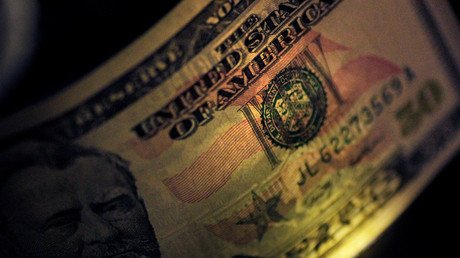Saudi Arabia says scandal over Khashoggi killing won't trigger another oil crisis
There will not be a repeat of the 1973 oil embargo despite the crisis over the murder of journalist Jamal Khashoggi at the Saudi consulate in Istanbul, the Saudi energy minister reportedly said on Monday.
On Friday, Saudi Arabia admitted for the first time that Khashoggi — a critic of Saudi leaders and former Washington Post journalist — had been killed by Saudi agents. Over the weekend, the US increased pressure on Riyadh with talk of possible sanctions. Some have accused Crown Prince Mohammed bin Salman of ordering the killing, a charge he has denied.
Speculation about possible sanctions against Riyadh have raised questions about the repeat of the 1973 oil crisis, when OPEC proclaimed an oil embargo against countries supporting Israel during the Yom Kippur War. The United States, Canada, the United Kingdom, Japan and the Netherlands were among the first sanctioned countries.
The embargo was later extended to South Africa, Rhodesia and Portugal. The embargo caused a sharp spike in oil and gasoline prices with long-term negative effects on the global economy.
“There is no intention,” Saudi Arabia’s Minister of Energy Khalid al-Falih told TASS news agency when asked whether the kingdom could impose the 1973-style oil embargo.
“This incident will pass. But Saudi Arabia is a very responsible country, for decades we used our oil policy as (a) responsible economic tool and isolated it from politics,” al-Falih said.
“My role as the energy minister is to implement my government’s constructive and responsible role and stabilizing the world’s energy markets accordingly, contributing to global economic development.”
With US sanctions against Iran coming up and possible sanctions against Saudi Arabia, analysts have said that oil could rise above $100 per barrel. “I cannot give you a guarantee, because I cannot predict what will happen to other suppliers,” al-Falih said, when asked if the market could avoid crude trading at triple-digits again.
For more stories on economy & finance visit RT's business section














